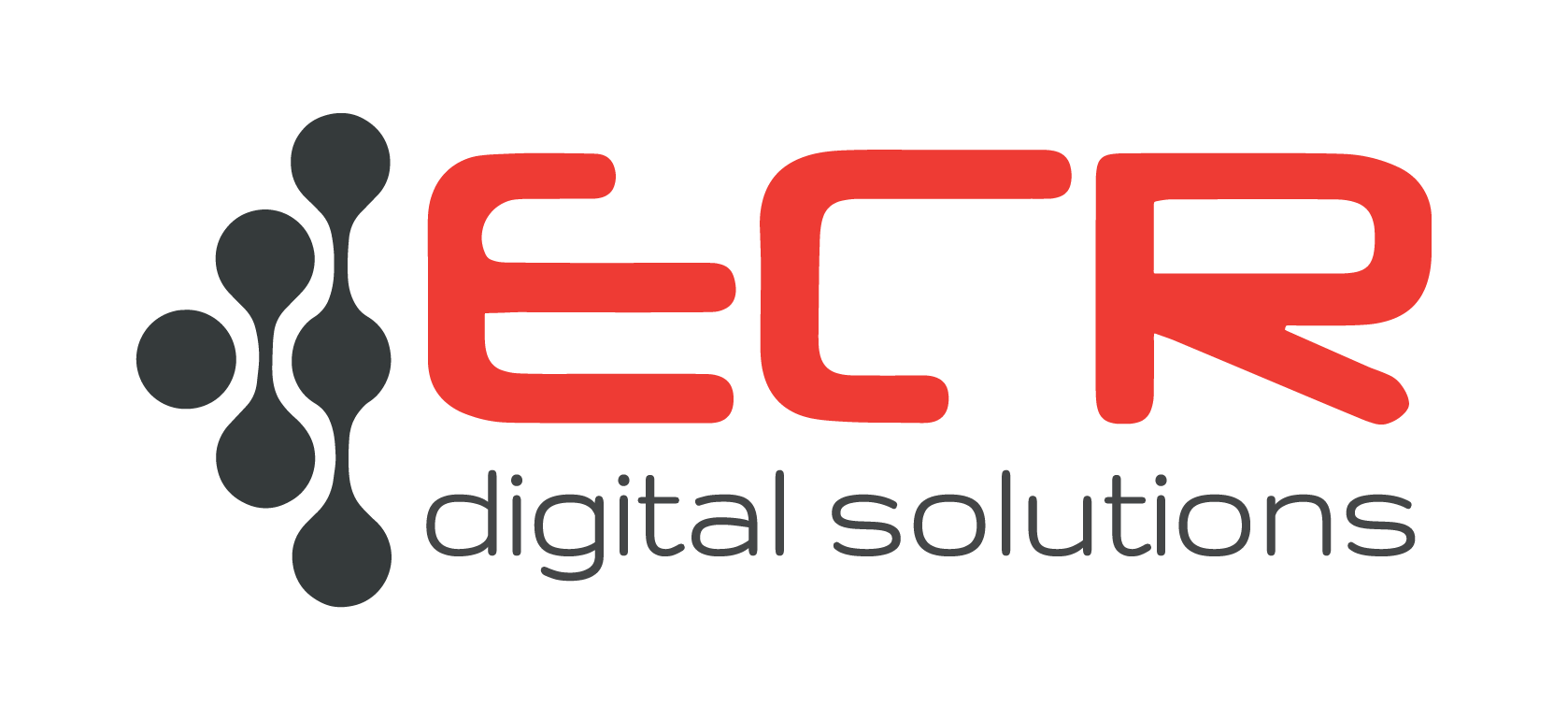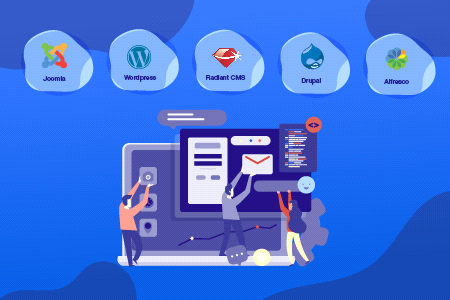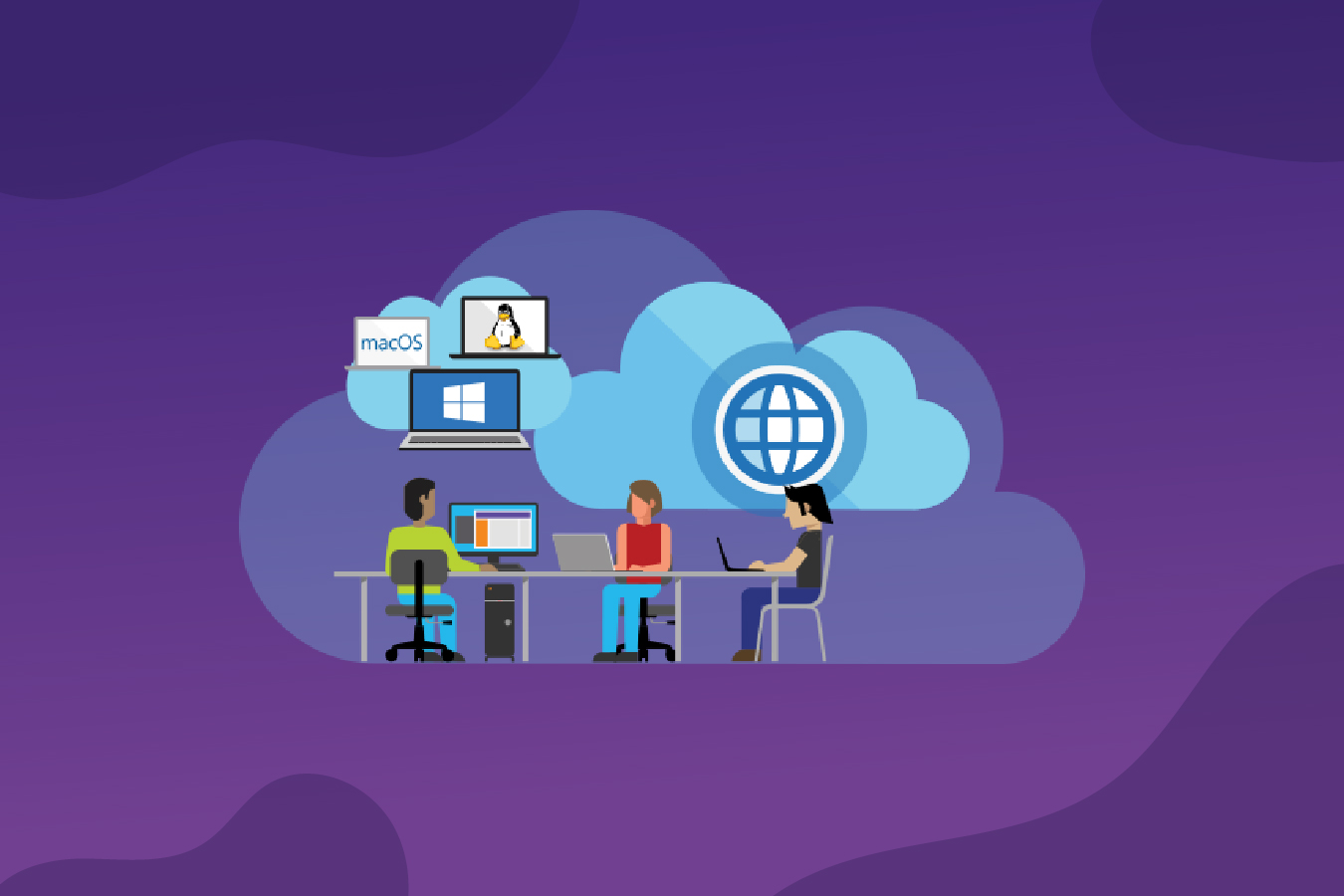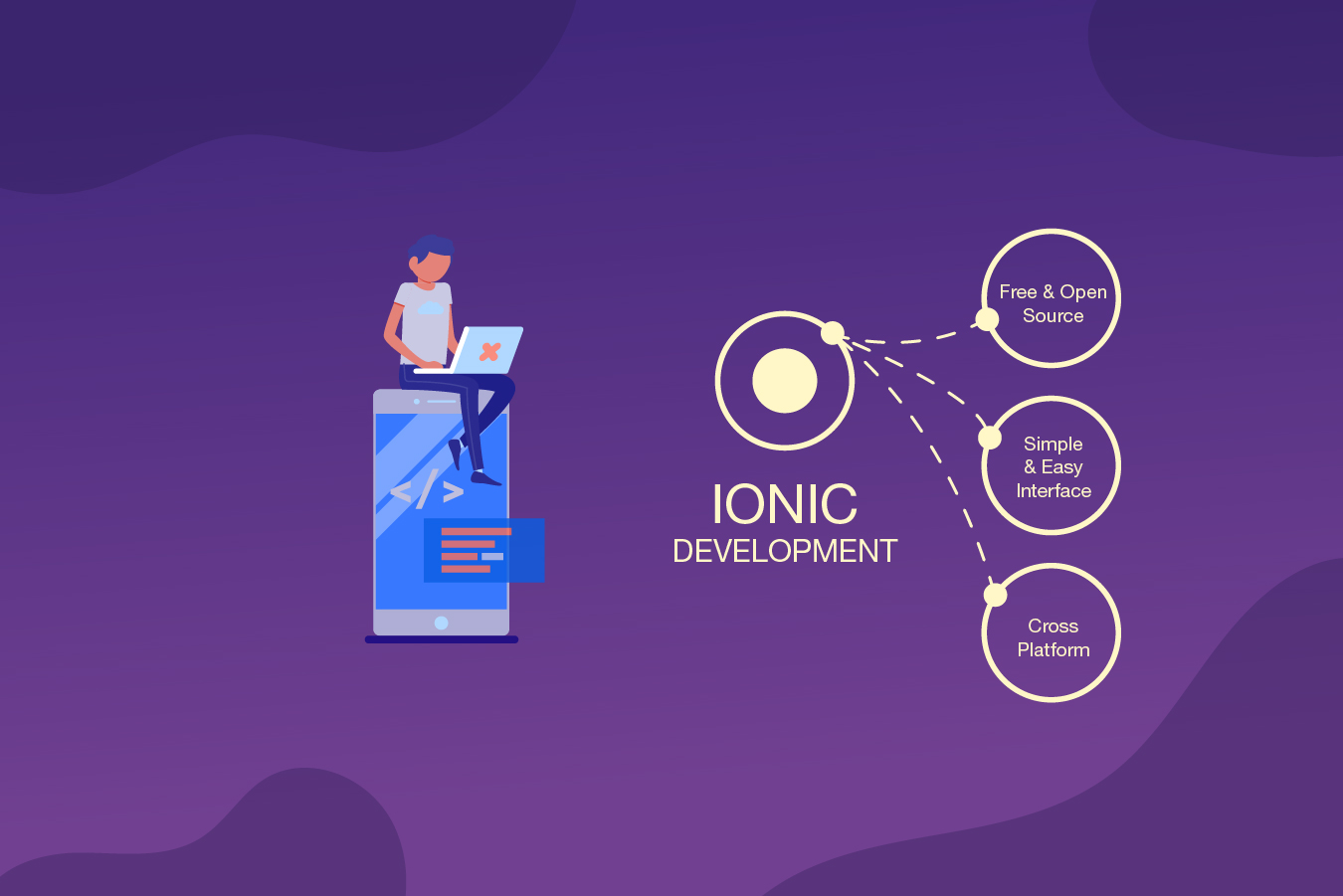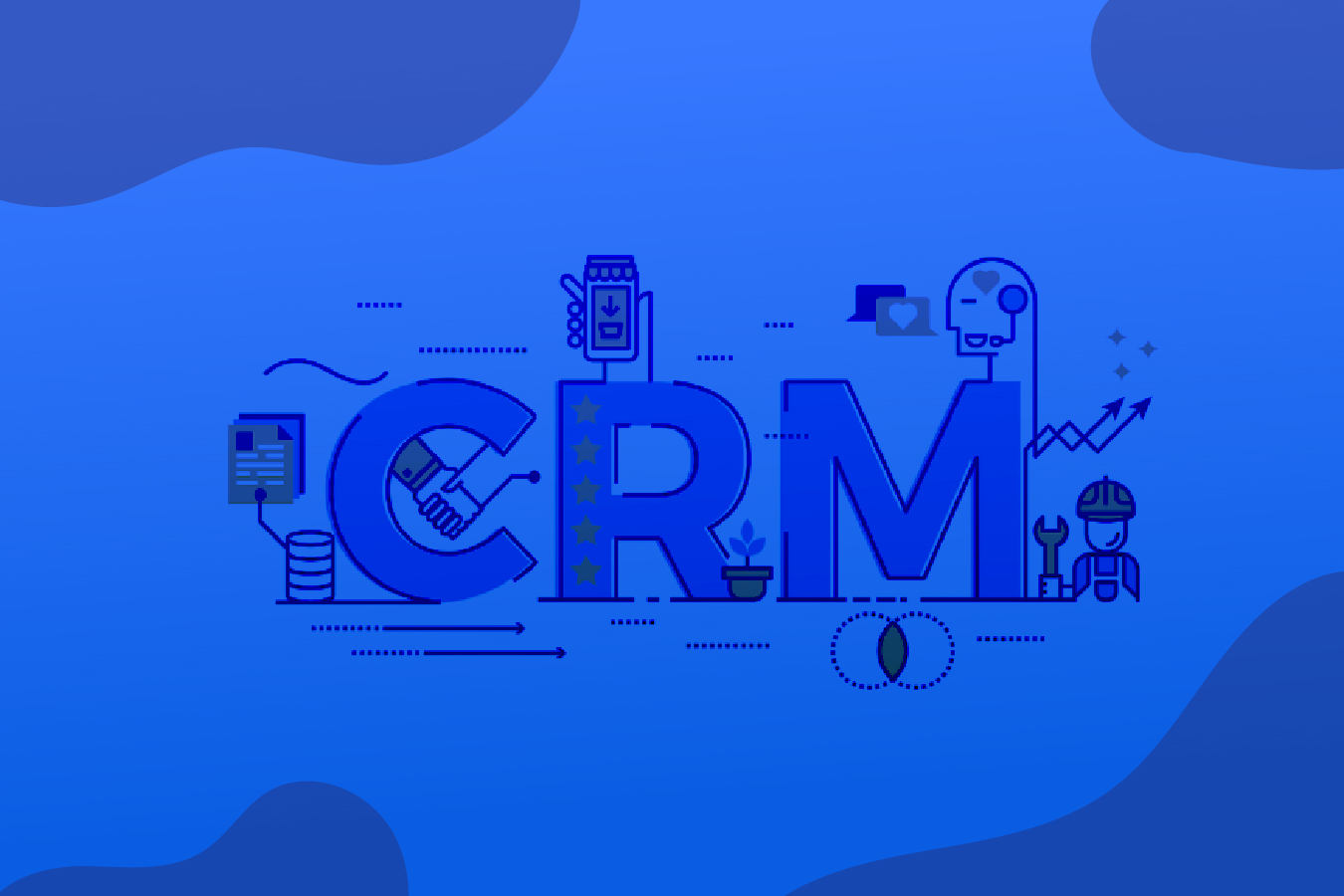.NET Core Framework
Wed 17/10/2018 7m read 7462 views
Content Management System (CMS)
For sites where the main content is blogs, news, sales, or simply company information, CMS is the best choice.
The main purposes of CMS:
- The content you want to convey is rich, varied and updating frequently.
- Track, control views and interact with readers.
- A tool to provide hot and trending information.
- A PR and Marketing tool for your products as well as solutions.
Some evaluation criteria to select a good CMS:
- The popularity and maturity of the CMS
- Flexibility in administration and user authorization
- Ecosystem (plugins, add-on feature, community)to support the issue you will face or the need you will have.
Two major characteristics of a CMS:
- For press: The content includes articles with text, images, and media, etc.
- For sales: The content is your product presentation and online shopping/order process.
Currently, there are many CMS frameworks but the most popular and commonly used are [1]:
- WordPress (link)
- Joomla (link)
- Drupal (link)
- Squarespace (link)
- Shopify (link)
- Magento (link)
- Blogger (link)
- Wix (link)
- PrestaShop (link)
- TYPO3 (link)
- ….
It’s easy to see that WordPress always takes the lead. Why is that? [2]
- First, WordPress is an open source framework, free, and developed since 2003 (with 15 years of seniority).
- It has most of the functions: user management, user authorization, blogs/article management, theme support, plugin installation, etc. Especially, you can develop more functions and easily customize them.
- It has earned credibility with developers worldwide.
At JANETO, not only we use WordPress to develop websites such as newspaper, company or e-commerce branding ones, but we also use it to develop a web application platform.Typically, portals are developed with additional functionality:
- Integrate online payment gateway: PayPal, Stripe, Global Telekom, etc.
- Build a game portal system with the integration of STEAM, Internet Business Suite (IBS), Gaminside, etc.
- Build web-based API system for data sharing.
With all of those advantages, WordPress is no longer just a framework for developing regular websites. It has become the software to develop useful web applications serving the business needs of small and medium enterprises (SMEs).
References:
Related articles
